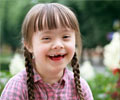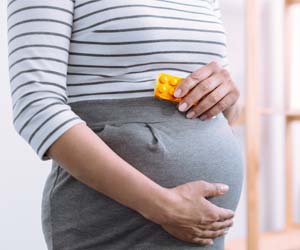
Concerns Regarding Gynecological Aspects of Brazilian Girls and Women With Down Syndrome
Go to source). Participating caregivers completed a questionnaire about their concerns around puberty, menstruation, sexuality and contraceptive methods.
Caregiver Concerns and Insights on Menstrual Bleeding and Relationships in Women with Down Syndrome
Caregivers commonly expressed concerns around menstrual bleeding. Most caregivers (57%) reported that they would permit their child to engage in romantic relationships, including sexual relationships, with 2% of caregivers surveyed reported that their child had already engaged in sexual intercourse. According to information from surveyed caregivers, 14 of 78 (17.9%) individuals had used contraceptive methods, with weight gain being the most common side effect (43%). These women are increasingly independent, which the authors argue makes it necessary to guide caregivers and primary care physicians on addressing difficulties related to menstruation, contraception and sexual practices.‘Women with Down syndrome demonstrated sexual development similar to that of women without Down syndrome. #menstruation’
Tweet it Now
Women with Down syndrome (DS) and their caregivers may have more difficulties with puberty, menstruation, sexuality and contraception use. In this study, Brazilian researchers aimed to understand the concerns of the caregivers of girls and women with DS-related gynecological issues. These results can contribute to a deeper understanding of the unique needs of individuals with DS and serve as a means to sensitize physicians, regardless of their specialization, who may encounter patients with DS and require guidance in effectively addressing their families' inquiries and concerns.
Reference:
- Concerns Regarding Gynecological Aspects of Brazilian Girls and Women With Down Syndrome - (https://www.annfammed.org/content/21/4/322)









